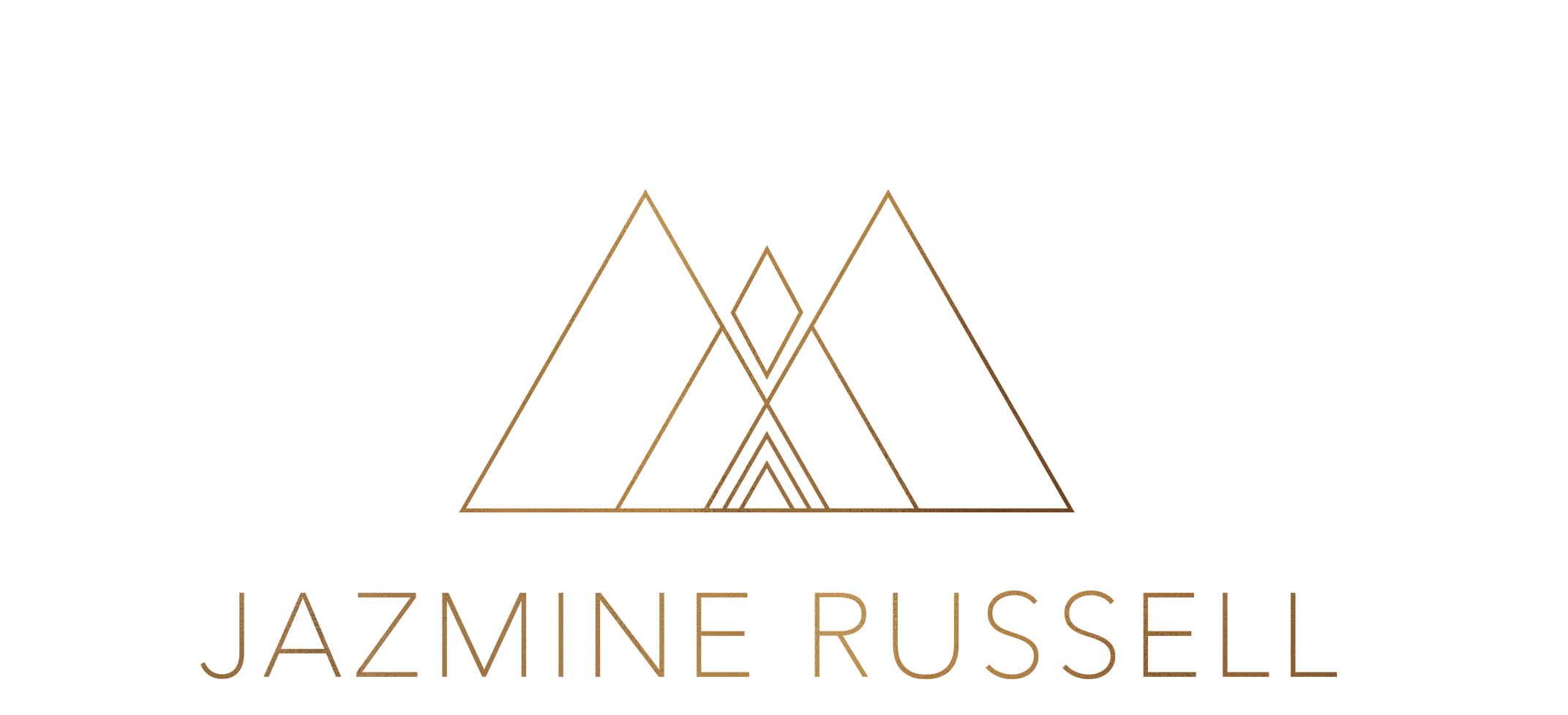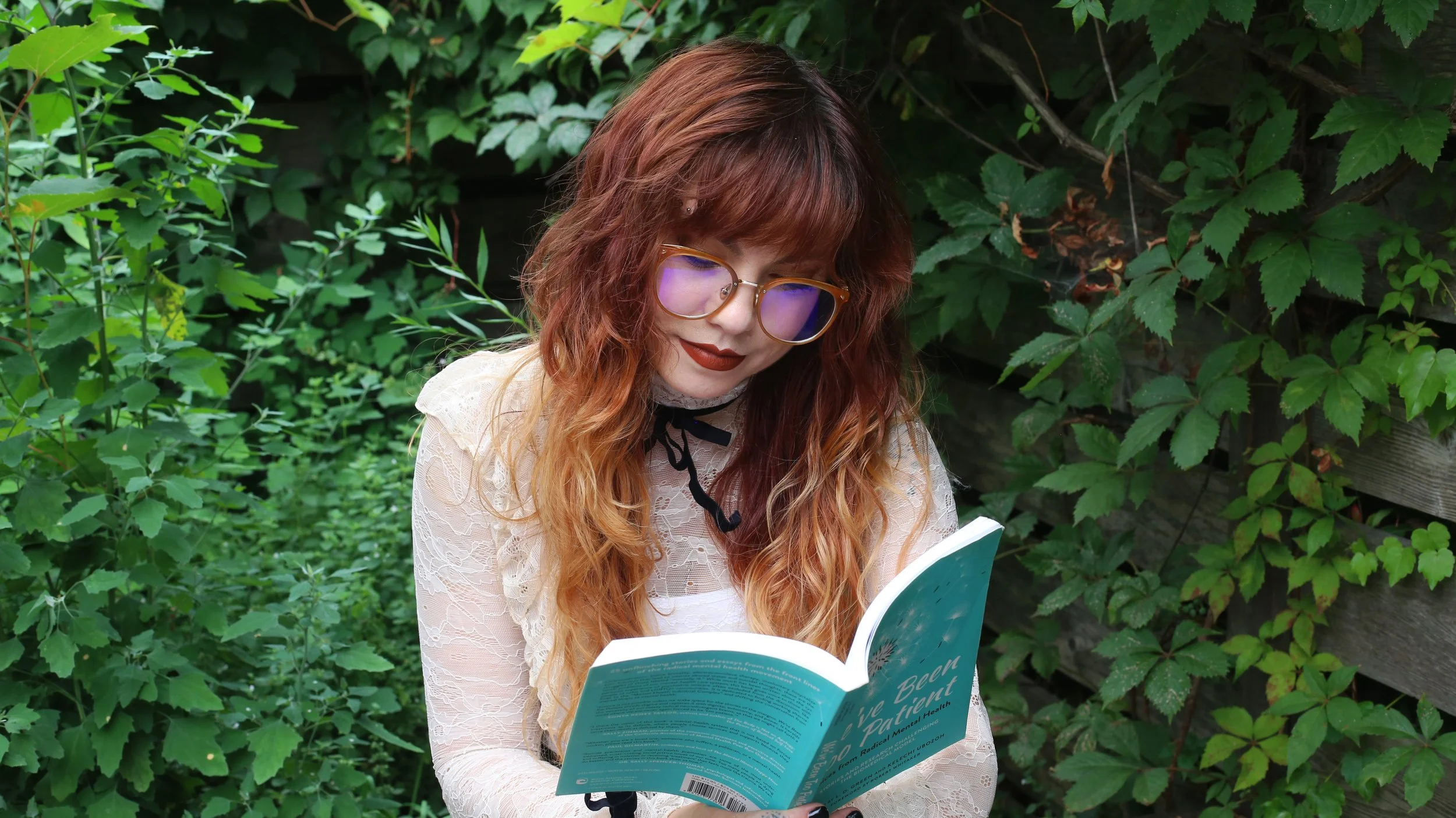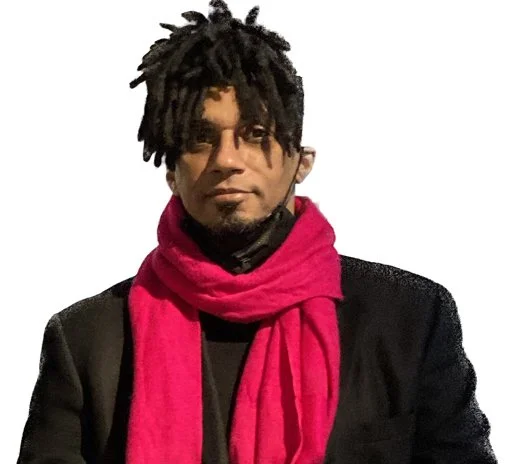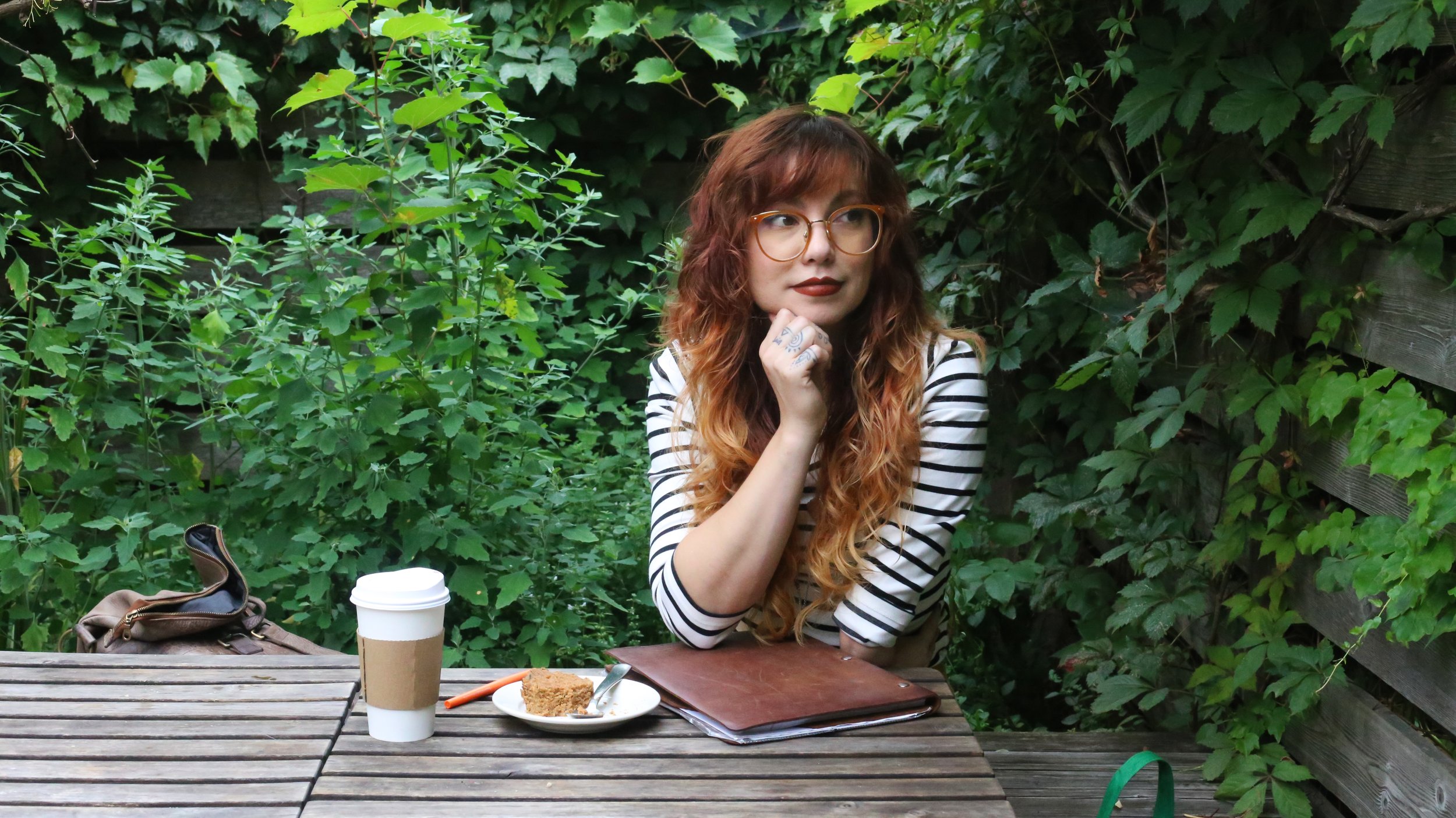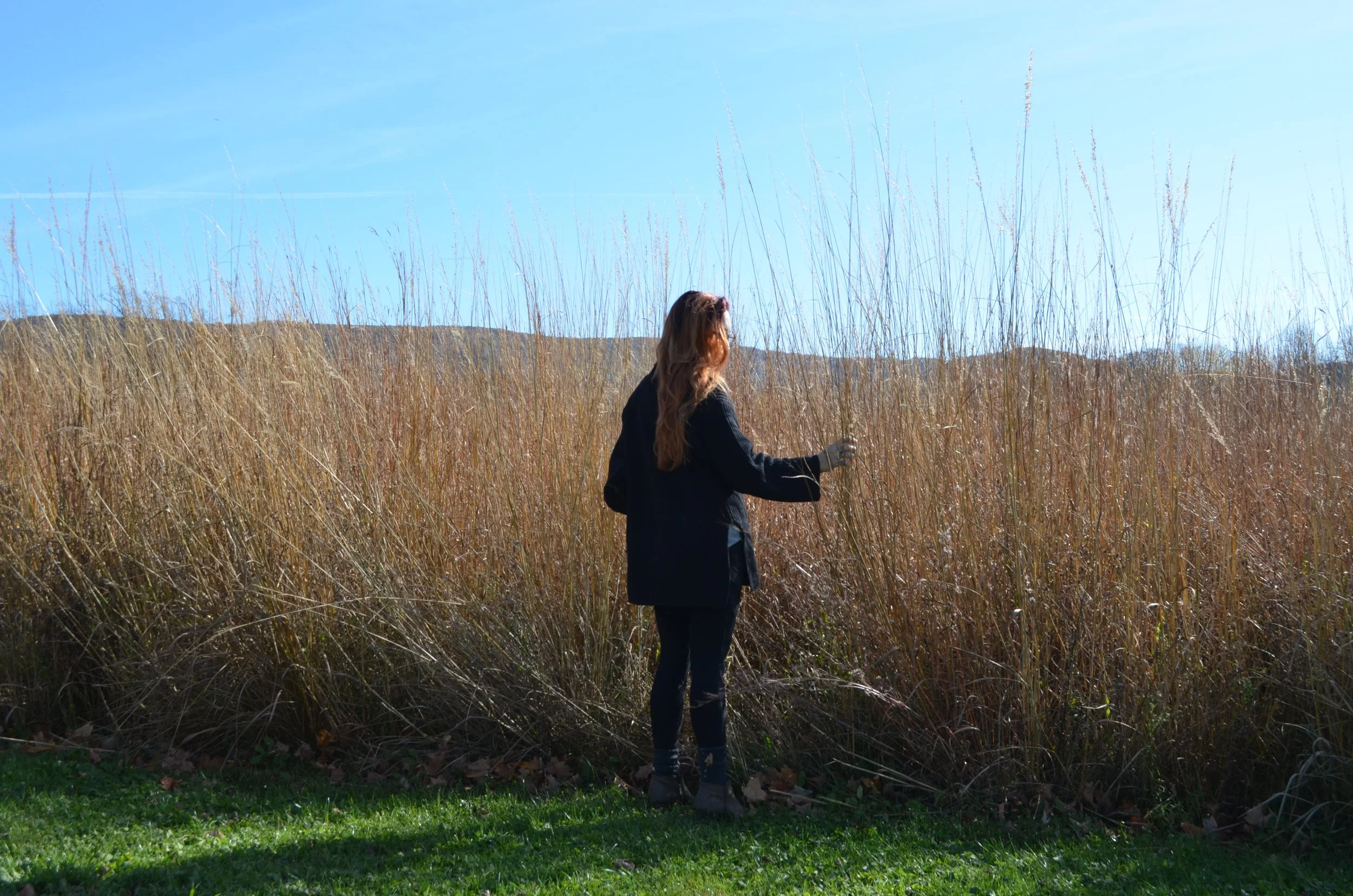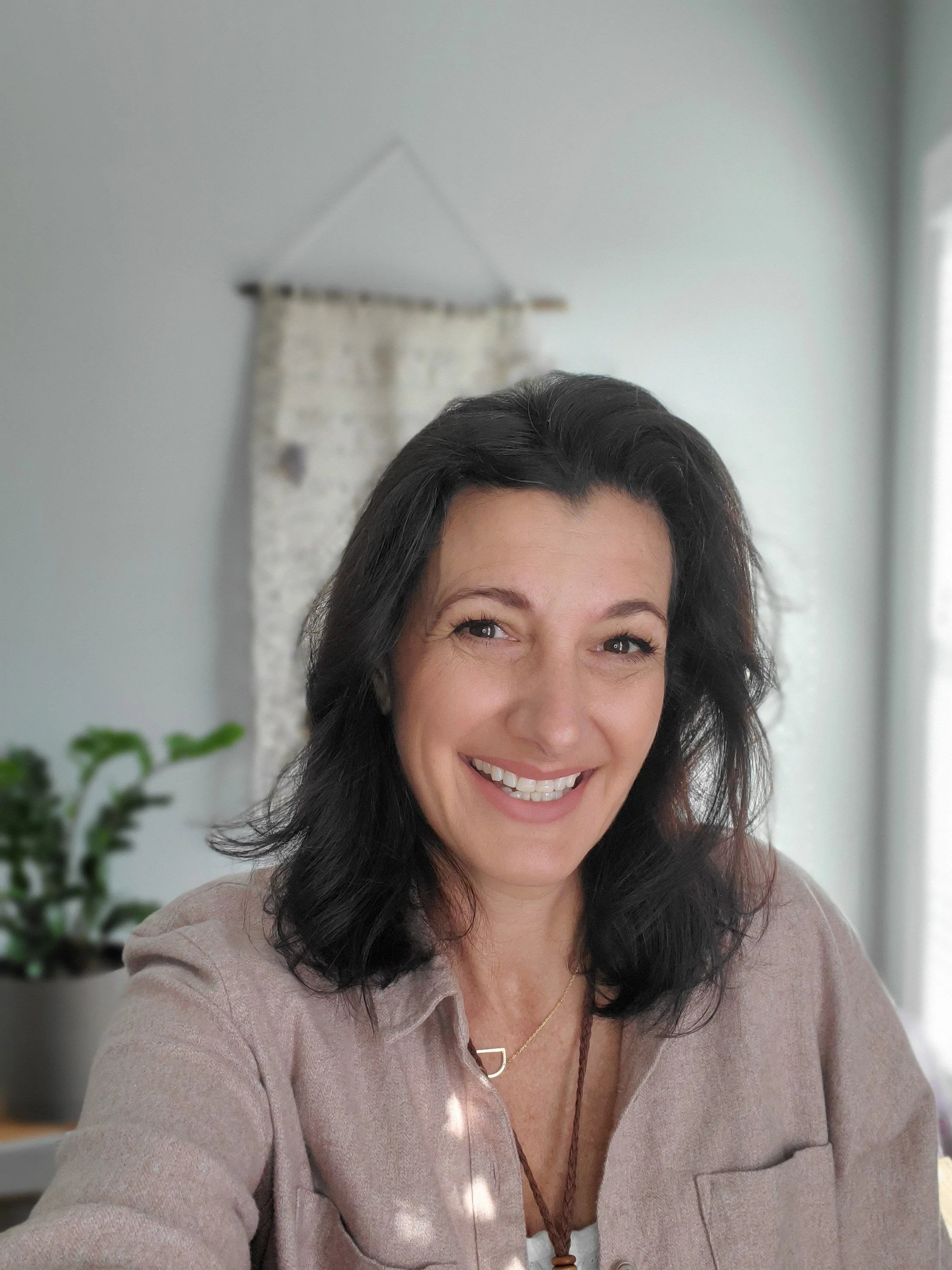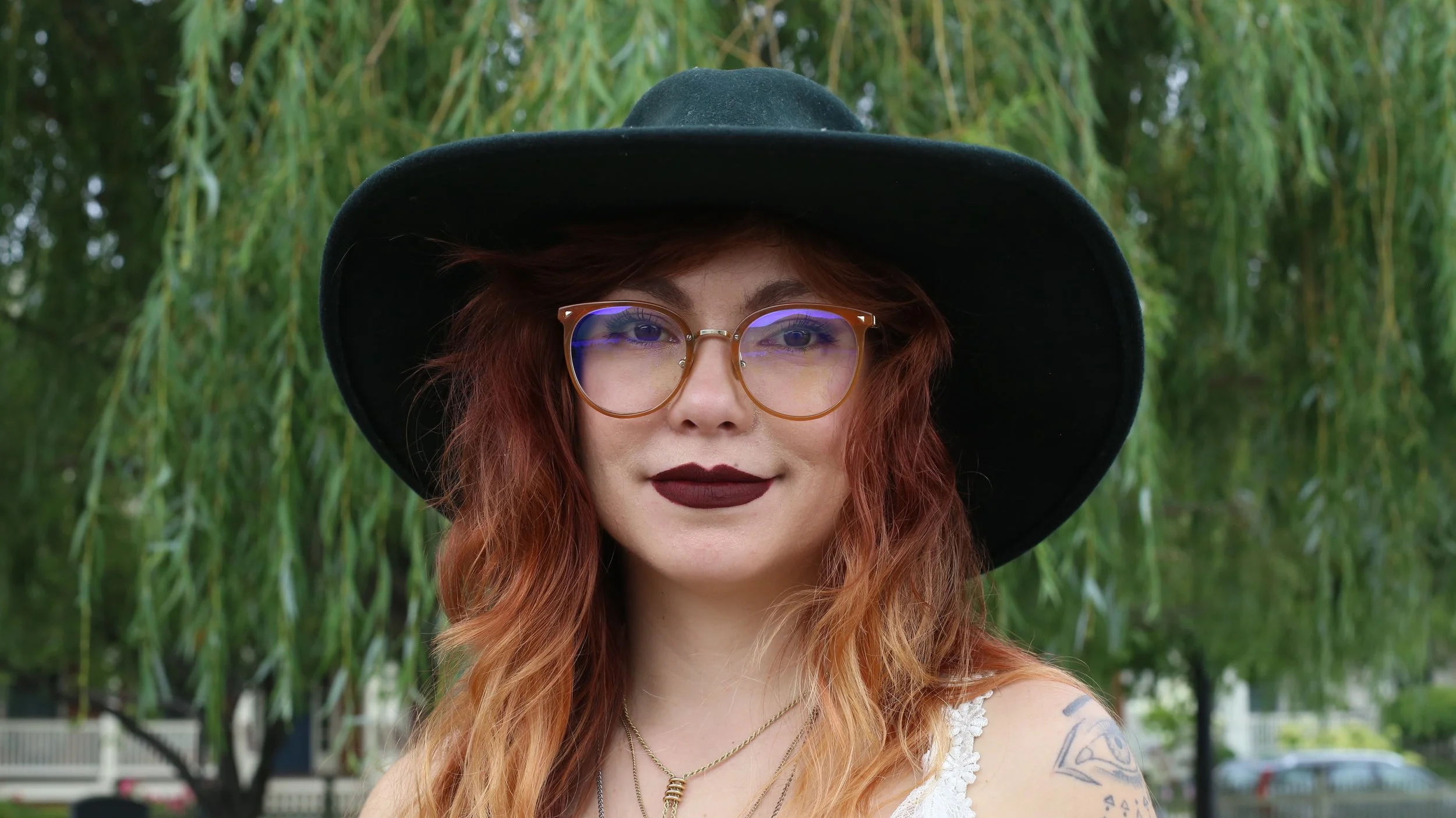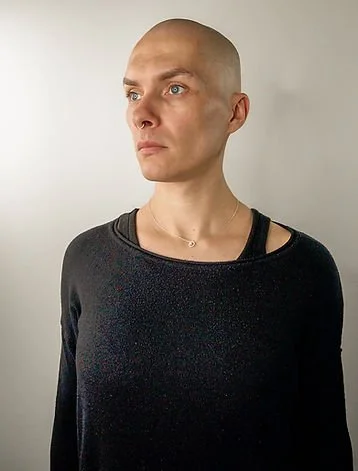One of the most overlooked experiences is menopause and perimenopause and impact on mental health. Many people feel isolated and alone in their mind-life experiences, and for some this can have extreme consequences…
Read MoreDepression can be a challenging, incredibly painful experience, but it can also pave the path to change and transformation. Experiences of numbness, despair, emptiness, fatigue, loss of meaning and all the things that get labeled as depression are emotional and physiological responses from the body. The question that has always been quite interesting to me is: what is my body trying to tell me through depression? What is the message behind these signals?
Read MoreWhat’s it like to spend 20 years locked up in a psychiatric asylum? Issa Ibrahim knows this intimately. As a survivor of complex trauma, drug-induced-psychosis, sexual and institutional abuse, Issa’s story holds up a mirror to America’s racist and coercive mental health system as a microcosm for our sick society.
Read MoreIn this podcast episode, I discuss the 11 self- protection strategies outlined by psychologist Stefanie Stahl in her book The Child In You. When we are aware of which self-protection strategies we tend to use most often, we can actively chose differently and cultivate more connection in our lives.
Read MoreIn this podcast episode, I share perspectives around martyrdom and saviordom in life and work and how we can take the pressure off ourselves, stop feeling the need to prove our worth, and take ourselves less seriously with the sustainability of lightness and play and joy.
Read MoreCeliac disease is an unfortunately common autoimmune disorder that affects about 1 in 100 people. There's also a high correlation between celiac, psychosis (and other mental health concerns such as anxiety, depression, and OCD) and childhood trauma. This is the trifecta that has affected me personally, and many of my clients. So in this episode, I tell you my whole story on finding out about and healing autoimmunity and mental health issues.
Read MoreWhy are so many mental health professionals, researchers, and activists critiquing the Diagnostic and Statistical Manual of Mental Disorders (DSM) or researching other ways of understanding mental health concerns? In this episode of Depth Work, we dive deep into the implications of labeling and codifying human experiences, and unravel the hazards of pathologizing human behavior, especially when we don’t have the scientific evidence to back up.
Read MoreRecently, I had the pleasure of speaking with Harm Reduction Specialist and Peer Counselor, David Levine as we delved into the complexities of the war on drugs in the United States and how drug laws and policies disproportionately affect marginalized communities.
Read MoreIn this highly-requested episode, we explore the topic of shame and blame, how we can become mired in these emotions, whether by taking on too much responsibility or deflecting it onto others. What does centered self-accountability look like and when and why do we engage in both over and under-accountability? In other words, how do we move forward and find agency, power, and creative potential without ignoring or denying the pain of the past?
Read MoreIf you’ve ever felt like you’re “going crazy,” heard voices, or had strange and unusual experiences, you’re not alone. My guest today, Brittany Quagan, a therapist and psychic medium is ultra familiar with all things “spooky” - both in terms of trauma and spirituality. We discuss what it’s like to struggle as an empath, coming out of the broom closet while working in traditional mental health systems and some pretty amazing research on how to control experiences that most of the clinical world would describe as “psychosis”.
Read MoreIn this episode, I speak with a trauma-informed couple’s therapist about the qualities of healthy loving relationships, how toxic and transactional societal values shape how we relate, and real-life examples of moving through triggers and developing deeper intimacy.
Read MoreAddiction is not a moral failing nor an unrecoverable disease. Addiction is often a way we learn to lessen the pain of overwhelming trauma and isolation. In this podcast episode, my dear friend Daryl Rocco shares her story of what it took to get sober after a lifetime of interpersonal and intergenerational trauma.
Read MoreIf you were ever described as “too-sensitive”, you probably felt that your sensitivity wasn’t honored. In this podcast episode of Depth Work, you will learn different ways we can be highly-sensitive: emotionally, physically, or spiritually, and why it is actually a gift, not a curse.
Read MoreWhen it comes to mental health crises, there are incredible and highly effective healing alternatives to psychiatric institutionalization worldwide! These respite centers offer agency, choice, freedom, and coordinated care, in place of the dominant “medicate and separate” model.In this episode of the Depth Work podcast, I got to sit down in person with Kim Wichera, an artist and activist who has spent their life devoted to uplifting alternatives to coercive treatment and fighting for those who society has left behind.
Read MoreThis is an intimate conversation between one of my best friends of 15 years - we have a common lived experience of being molested as children and we get very honest about what childhood sexual abuse is like and what it takes to come out the other side of it as healthy adults.
Read MoreThis week I got to talk to Milta Vega Cardona, National Anti-Racism/Anti Oppression Consultant providing support in organizing and curating conversations on Race and Racism in the United States, Virgin Islands, and Puerto Rico. We had an inspiring talk about reclaiming our heart-centred humanity & deconstructing institutional racism. Listen to the podcast now on Spotify or Apple Podcasts.
Read MoreIt takes courage to own your story, especially for trauma survivors. Jessie Roth shows us, in this episode, the power of storytelling, showing up as your full self with the multiple roles and identities you hold and why it’s important to intentionally straddle frameworks to re-story your experiences as a form of healing. As the director of The Institute for the Development of Human Arts, she’s also a master at facilitating cross-movement knowledge building at the intersections of mental health and social justice.
Read MoreWhat does it mean to become an ancestor who is worthy of praise? To leave a legacy? How do we become the kind of ancestor our familial or collective future descendants want to call on? Today’s guest, Veronica Agard, founder of Ancestors in Training, shares her journey.
Read MoreIt takes radical imagination to envision a future of mental health that is rooted in community support and multiple ways of approaching healing. Noah Gokul is an artist and mental health educator who embodies this concept in all their work.
Read MoreThis week I got to talk to my friend and colleague, Ana Florence, Brazilian clinical psychologist and researcher, about the impact of globalization, the export of psychiatry from the global north to the south, and what it means to be a clinician dedicated to consistent self-inquiry.
Read More